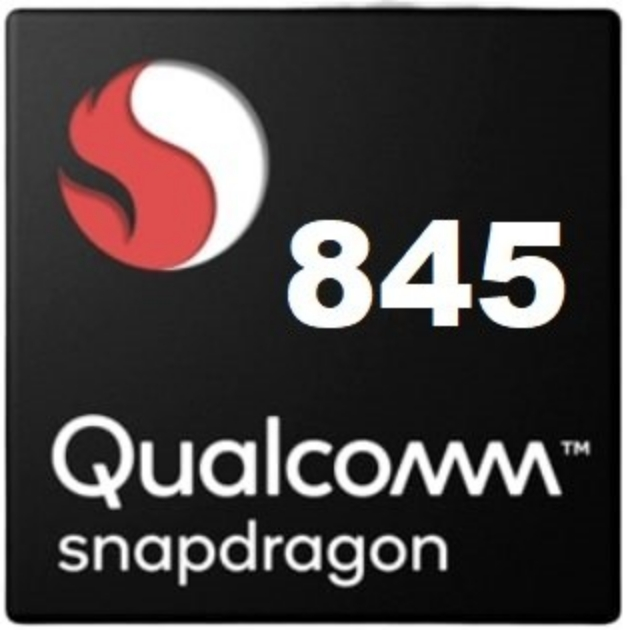- 13 Posts
- 28 Comments
Android now working
Today I tested NoShore on Android (in Termux) and fixed some errors that prevented a smooth
setupprocess.Clone branch v0.1.1 to get the lastet version:
git clone --branch v0.1.1 https://gitlab.com/fullmetalScience/noshore.git ~/xmr.zone/noshore
Happy anniversary! Thanks for maintaining this space!

 2·7 months ago
2·7 months agoThis sure clarifies the circumstances. I appreciate the explanation and went on to verify the claims.
Here are the corresponding Etherscan-links to spare others the hassle:
- [0x2274] MONEROCHAN creation
- [0x2274] Uniswap funding / locking
- [0xB9A1] Buying 789,420,933 (at time of writing)
- [0xB9A1] Burning of 383,913,580 (at time of writing)
So far I couldn’t detect any discrepancies. Note that, on Blockchair, whale.monerochan.eth appears to resolve to
0x0000000000000000000000000000000000000000, while airdrops come from 0x4642, after being funded by 0xB9A1.Thank you for the onboarding!

 2·7 months ago
2·7 months agoThe text has some … “orange” flags.
For example, burning 25% doesn’t make sense when you decided on the supply to begin with and “100 % fair distribution” isn’t possible in the given scenario.
But then again, meme coins are all about not making sense, and some play may actually lead to the desired exposure. Let’s get Monero some marketing:
0xe746433469235aB0D5cc404b592C9634eF2ECB1D

 1·10 months ago
1·10 months agoIt does make sense that the tables are for Monero-exclusive applications. Loaded GUI’s lead to user confusion and thus errors.
Think absolute beginner: “I installed that secure app you recommended and bought <thatothercoin> and happily transacted and now you say that wasn’t secure?!”

 1·1 year ago
1·1 year agomore aliases are available to register
This one is technically not true until you add Punycode support - and only if you manage to remain below XMR.ID’s user count by that time :D
(Without Punycode, staying RFC-compliant, and applying XMR.IST’s restriction of 30-characters max, we could provide roughly a count of
30^37-1-<amount of users>, but even if we had a 10-chars limit, the number would still be unfathomable.)Welcome to the space - it feels less lonely now!

 3·1 year ago
3·1 year agoIn personal discussions, people of such credentials confirmed that they also just “trust the [academic] process” and “don’t have time” to check the foundations of their convictions. And that they didn’t know, but “there surely was someone specialized” who does.
More clearly, in this context, saying you trust your mate is equal to saying you trust your recorder that is replaying the cassette that someone happened to have left in it.

 1·1 year ago
1·1 year agoPersonally, when I opened the link yesterday, I wondered if I was looking at a product for 4-year olds: Big round shapes, bright colors, … and nothing that would give me a clue about what I am actually looking at.
I might simply not be in it, but who’s the target audience here?

 1·1 year ago
1·1 year agoOh. XMR.ID is not an email service.
Names simply resolve to Monero destinations to simplify payments for the sender.
The two formats
whatever@example.organdwhatever.example.orgwere chosen by the designers of OpenAlias, the set of definitions XMR.ID builds upon.The animations in the website’s screenshots-section show XMR ID’s in action.
Note that the email address requested at signup is used by the system to send further instructions.

 3·1 year ago
3·1 year agoCould you lay out the scenario you are contemplating?
The current design appears to rely on fees.
As it currently stands, I suspect Haveno will be in the same situation as LM, legally.
This is heartbreaking news. LocalMonero enabled anyone capable of navigating Ebay to convert XMR.
Thank you, Alex & the team, for all those years of providing what is probably the best Monero-service of all.

 1·1 year ago
1·1 year agoAddress reuse NOT being a problem in Monero is the reason this service can be provided in good faith.
Why is Monero address reuse not discouraged?
You can find further details in this Monero Stackexchange thread.

 1·1 year ago
1·1 year agoThe time required depends on where you start. Someone who knows how to register a domain but has yet to read up on OpenAlias will probably need about an hour or two (if we do not take into account the hassles associated with DNSSEC with many registrars).
Then the cost of a privately registered domain starts at around 15 dollars per year, whereas the same is roughly the one-time price of a permanent XMR ID with two domains secured against each other (meaning that both,
DUKETHORION.xmr.idandDUKETHORION.xmrid.comwill return the same Monero destination). Wallets can opt to verify this.

 1·1 year ago
1·1 year agoManipulation of any record would immediately trigger a notification to all affected users, leaving me with nothing but a destroyed reputation.
The most granular use I can think of is telling someone in-person to load your XMR ID on their device and then confirming what you see.
Coupled with a client that stores the result in a local address book - and compares it with the current DNS responses every time - even senders can be sure that they are still working with valid information.
(An extension to the official Monero client supporting this is in the works.)

 11·1 year ago
11·1 year agoIt’s from monero.graphics. It could use an extra dot, I agree :)
The theme resonated - especially in the context of OpenAliases - as I consider more personal and memorable Monero destinations an important factor in the context of building parallel economies, human to human, thus making Monero “greater” through use.

 4·1 year ago
4·1 year agoWhenever someone would publish their experiences with AllArk on Reddit, the thread would get “downvoted into oblivion”, with some people raising concerns of them themselves using bots to do so.
I also remember seeing an email log of a user “losing” a couple of hundreds to that same entity. I thought that was on monero.observer, but cannot seem to find it now.
Maybe someone else feels inclined to dig something up, but in general, just be very careful with what people recommend in the space. Most of the time they saw it mentioned somewhere and, with best intentions, just pass it on.

 4·1 year ago
4·1 year agoMy concierge-service test as mentioned in the interview at ~13:40:
https://safereddit.com/r/Monero/comments/eb0iie/how_i_bought_a_3d_cam_anonymously_and_got_it/




… and keep a particularly close eye on the logs of those who selected this option?